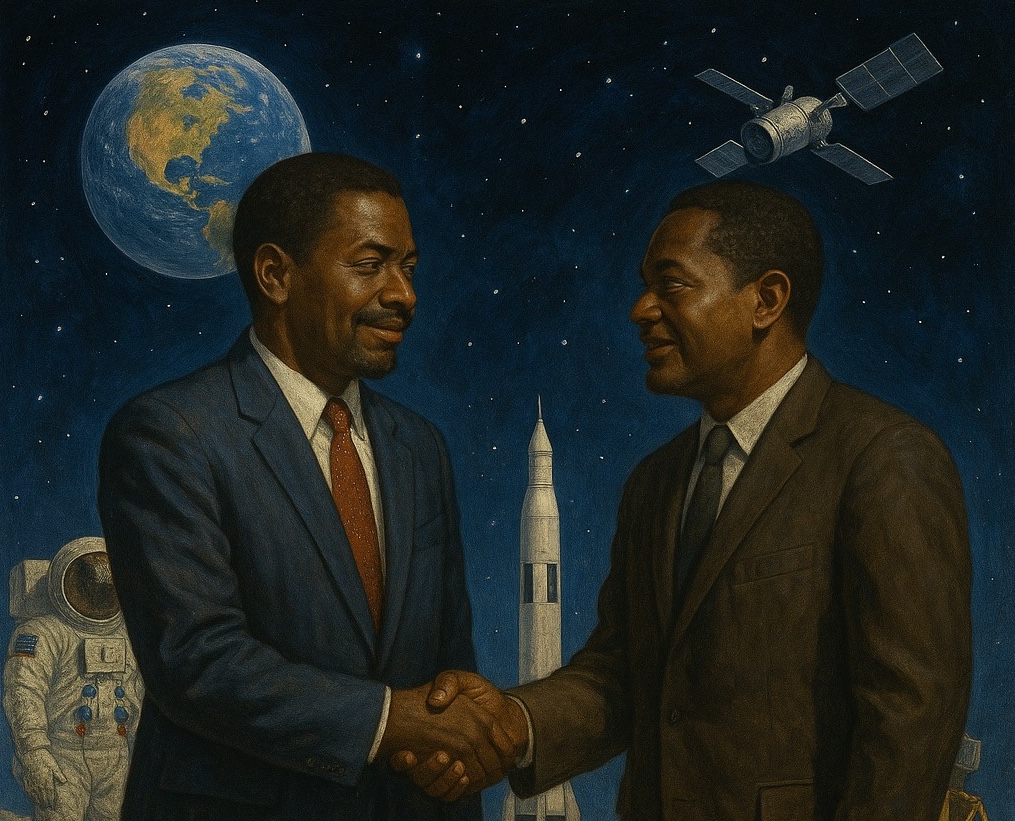
The subsequent treaties including the 1967 Outer Space Treaty, the Rescue Agreement, and the Liability and Registration Conventions were diplomatic triumphs that demonstrated how states could come together to regulate activities in an ungoverned domain. These instruments reflect the ability of diplomacy to transform potential conflict zones into frameworks of shared responsibility. They also reveal the essential function of epistemic communities: transnational networks of scientists, legal scholars, and policy experts who, as Emanuel Adler (1992) posits, shape state preferences through shared beliefs and professional authority. These communities have been instrumental in developing cooperative institutions such as the European Space Agency and the International Space Station, both symbols of diplomacy grounded in technical expertise and mutual trust.
Moreover, diplomacy in space today is not just a continuation of Cold War-era politics it is an evolving mechanism through which states and non-state actors manage the increasing complexity of issues like space debris, satellite governance, and planetary defense. The role of diplomacy here is both preventive and constructive: it averts conflict while building normative frameworks that legitimize peaceful exploration.
In conclusion, diplomacy has not only adapted to the realities of outer space but has been essential to its governance. From the Westphalian legacy to the modern-day space treaties, the conduct of international relations in space underscores diplomacy’s enduring relevance in shaping a just, peaceful, and cooperative global order even beyond Earth’s boundaries.